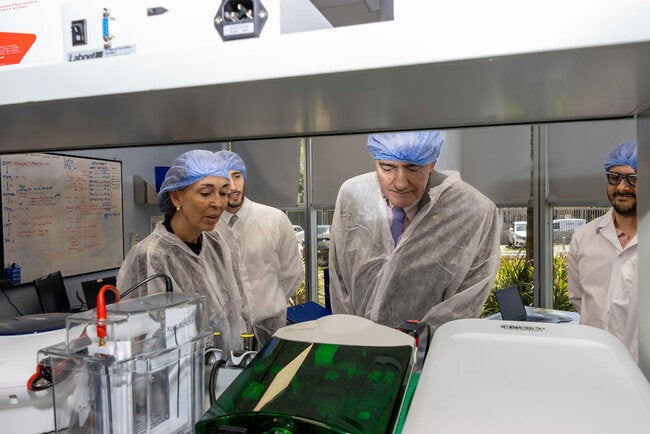Washington, D.C., 30 September 2025 (PAHO) – Health authorities from across the Americas today approved a new regional policy aimed at expanding access to high-cost and high-price health technologies, such as medicines and vaccines, during the 62nd Directing Council of the Pan American Health Organization (PAHO). The policy seeks to ensure that these technologies are accessible to all who need them.
The policy promotes a comprehensive public health approach that spans the entire life cycle of health technologies—from research and development to their adoption and rational use within health systems. It outlines five strategic lines of action: strengthening regional innovation and production; improving evaluation and selection processes; consolidating regulatory frameworks and promoting competition; expanding the use of PAHO’s Regional Revolving Funds; and promoting the generation and use of evidence and data for informed decision-making.
“This policy is a decisive step toward reducing inequalities in access to health technologies in our Region,” said María Luz Pombo, Acting Director of PAHO’s Department of Innovation and Access to Medicines and Health Technologies. “Its implementation will support more informed decisions, more efficient procurement, and greater negotiating power. We can make our health systems more sustainable and equitable,” she added.
The policy responds to pressing challenges such as the rising number of legal claims to access health technologies, dependence on imports, fragmented procurement processes, and the need for greater transparency in purchasing.
In the Americas, the cost of critical medicines can be up to 45 times higher in one country compared to another, and within the same country, prices from different suppliers can vary by more than 400%. These disparities severely affect equity and the sustainability of health systems, especially in contexts of limited budgets.
PAHO’s Regional Revolving Funds have enabled Member States to incorporate new technologies—such as vaccines and treatments for hepatitis C and pediatric, breast, and prostate cancers—at affordable prices. These mechanisms consolidate regional demand and facilitate access to high-impact, quality-assured health technologies at fair prices.
The policy was developed with input from over 28 Member States, including countries from MERCOSUR and the Andean Health Organization – Hipólito Unanue Agreement (ORAS-CONHU).

